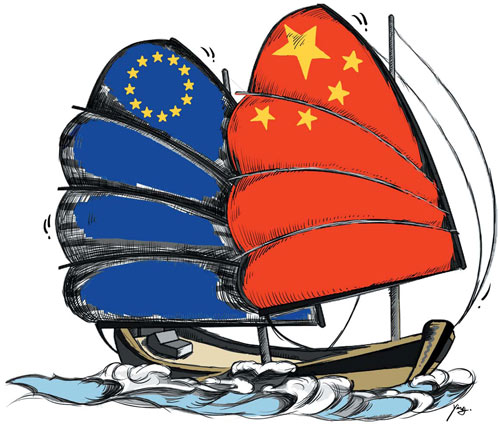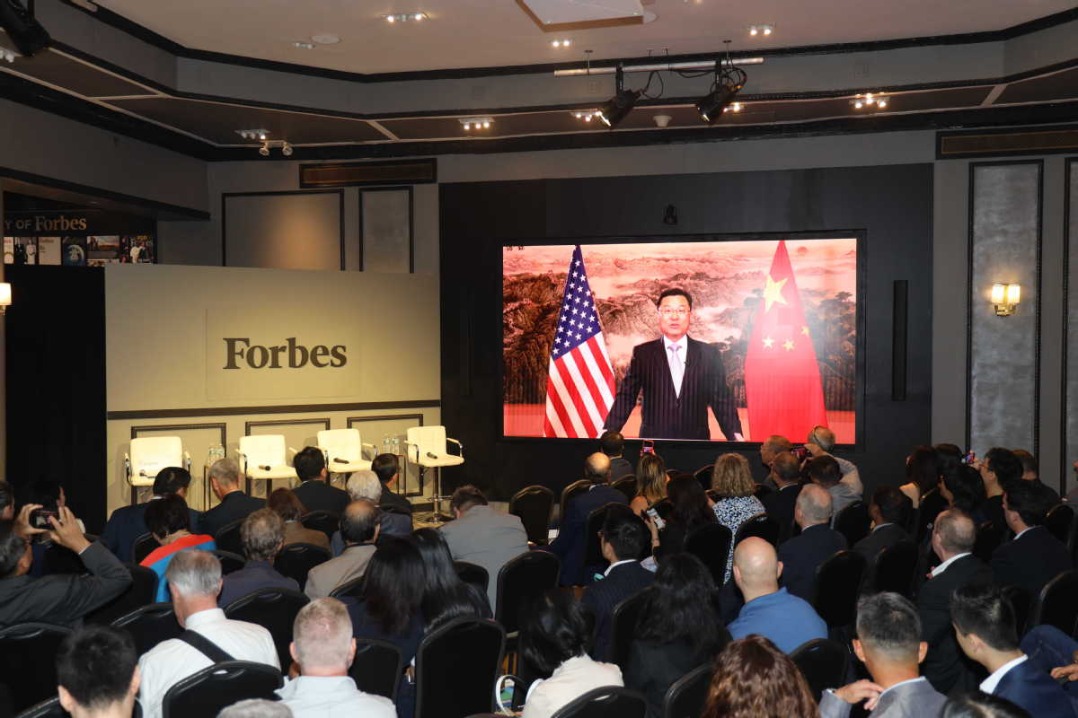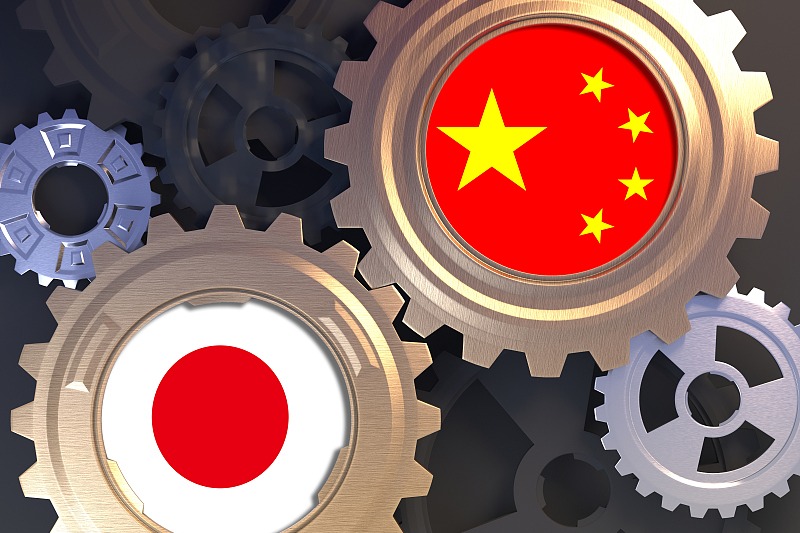Sino-EU ties can benefit from mutual development


Against the backdrop of a complex geopolitical situation and increasing challenges in the world, the European and Chinese economies remain highly intertwined and interdependent. Overall, the relationship between the European Union and China is indeed complicated, with a lot of arguments for decoupling and de-risking. Our two global powers are strategic rivals in some aspects, but let us not forget about the high complementarity of our economies.
The recent European elections resulted in significant political shifts, with the popularity of rightwing populist parties growing, and the green parties experiencing losses. Rising populism and the resulting fragmentation in the European Parliament could pose a threat to the stability of European policymaking and potentially have a negative influence on EU-China relations. Despite these changes, centrist parties have managed to maintain a strong presence, so the continuity of the EU's climate action should stay in place.
Generally speaking, the EU's policy toward China has undergone significant discussions and changes in recent years. Europe has been seeking to attain strategic independence and greater reciprocity in international relations.
As the EU is focusing on integrating green technologies into its industries in the framework of the European Green Deal, competition with China in these sectors is increasing. As European Commission President Ursula von der Leyen mentioned, the European climate policy is seen as an economic policy to ensure European competitiveness, which means growing trade tensions with China on electric vehicles, solar panels and wind turbines.
The EU's recent subsidy investigations into and tariffs on Chinese EVs are a good example of these growing trade tensions. Its countervailing duties on certain types of electric vehicles from China went into effect at the beginning of July. They are based on the idea that Chinese State subsidies to support EVs are potentially threatening the European car industry and market. The number of imported Chinese EVs is indeed large, but still only represents a small share of European car sales. The European Commission's tariff decision will only be permanently enforced if it is not opposed by a majority of European countries.
The negotiations among member states to determine the final outcome still offer an opportunity for dialogue and to examine the prospects for cooperation and common development between the EU and China.
The EU will continue to pursue its de-risking strategy and will introduce further policies aimed at enabling European companies to compete with China on green technologies. In the meantime, China is starting its own investigation into some European exports of products such as cognac. We will, therefore, have to carefully monitor these tensions so as not to end up in a full-blown trade war.
As chairman of the Belgian-Chinese Chamber of Commerce, I believe in bilateral cooperation, and I trust that the cooperation between the two sides is beneficial for both parties and for the world in general. We can't forget that there is a mutual dependence between the EU and China, so there should not be any fundamental conflict of interest between the two. Both sides benefit from each other's development, adhere to strategic autonomy and multilateralism, and have a broad consensus on climate change and other global issues.
Against the backdrop of complicated geopolitical changes and challenges in an increasingly bipolar world, fostering constructive cooperation between China and the EU on crucial issues such as climate change and ending world hunger is indispensable.
This was also reiterated by the European Commission's Executive Vice-President Maros Sefcovic, who wants to keep green as "the color of our cooperation". He said "it is important to not lose track of what matters… the survival of the human race and maintaining a habitable planet" during the fifth EU-China High-level Environment and Climate Dialogue in June.
Let us continue to build on the momentum the EU and China had going while cooperating to reach the Sustainable Development Goals and the Paris Agreement targets. There are still plenty of cooperation opportunities when it comes to emission trading systems, climate-smart cities, scientific and technological development, long-term low emissions development strategies, greenhouse gas emissions from vehicles and agriculture, and more. Addressing environmental concerns while promoting renewable energy sources can lead to long-term benefits for both regions. Not only for all citizens, but in particular for European and Chinese businesses which can leverage their knowhow, create new jobs and investment opportunities in both markets.
The author is chairman of the Belgian-Chinese Chamber of Commerce and senior partner of Dewit Law Office.

































